Reading at St James
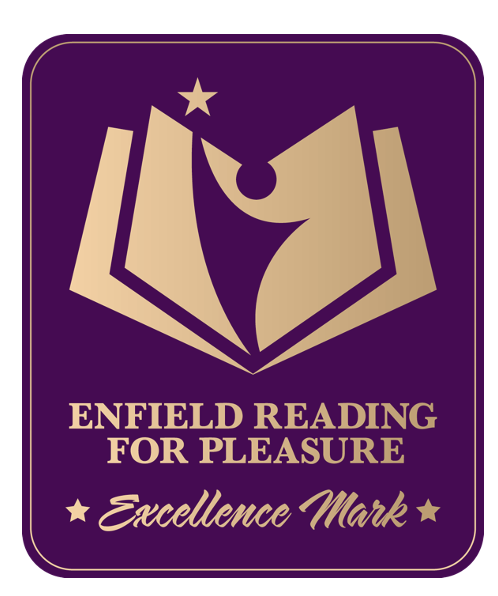
Welcome to our schools reading journey!
At St James, we believe that reading is the foundation for a lifetime of learning and discovery. Across our school, we are committed to fostering a love of reading in every child by providing engaging, age-appropriate texts and opportunities to explore a wide range of genres. From the learning of phonics in Reception and Key Stage 1 to instructional reading using our VIPERS scheme of work in Key Stage 2, our tailored approach ensures that every child is supported and challenged at their own level. By creating a vibrant and supportive reading culture, we aim to inspire confident, enthusiastic readers who are ready to thrive in all areas of their education.
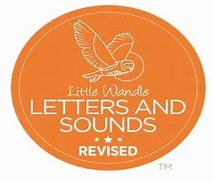
Our phonics programme is anchored in the Little Wandle framework, which is evidenced to enhance reading skills systematically and effectively. We believe that a structured and systematic approach to phonics is fundamental to developing competent readers. Our phonics instruction occurs through structured half-hour daily sessions, ensuring that all children receive regular, focused attention to their phonics needs.
Continuous assessment for learning (AfL) is integral to our phonics programme. In addition to our morning sessions, we incorporate short 'phonics blast' sessions in the afternoon. These sessions are specifically designed to address and revisit grapheme-phoneme correspondences (GCPs) and tricky words identified during the morning lessons, providing immediate reinforcement. Furthermore, a robust and systematic assessment procedure underpins this programme, with assessments conducted every three weeks. Interventions, such as the Little Wandle Catch Up programme, are tailored to meet the needs of individual learners, including those identified as having special educational needs and disabilities (SEND).
We pride ourselves on the continuous quality of our phonics instruction, evidenced by consistent good moderation reports from our English Hub. All teaching staff have completed the comprehensive Little Wandle training programme, enabling a consistent and effective delivery of the phonics framework in every classroom. Weekly timetabled meetings ensure professional dialogue and reflection, facilitating the sharing of the best
practices and supporting an upward trend in phonics attainment throughout the school.
In our reading curriculum for EYFS and Key Stage 1, we utilise the Little Wandle reading programme alongside the Little Wandle Fluency programme in Year 2. Children participate in three reading sessions each week that are carefully structured to focus on essential elements of literacy: word reading, prosody (the expressive nature of reading), and comprehension. We carefully select high-quality texts from a diverse range of authors, ensuring that children are reading books that align with their individual reading levels. Moreover, we offer take-home reading books that are closely matched to each child's reading ability, providing opportunities for reading practice outside of the school
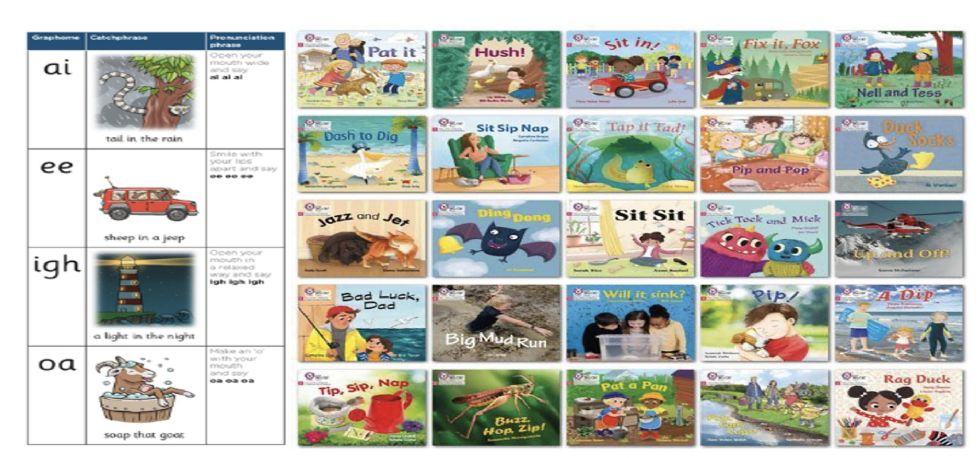
Click on the link below, and you will be able to access resources for parents to support phonics learning at home.
https://www.littlewandlelettersandsounds.org.uk/resources/for-parents/
How to Blend: https://www.youtube.com/watch?v=IL5YUCPyC5I
Tricky words: https://www.youtube.com/watch?v=3C1KTDag0ZA
Alien Words: https://www.youtube.com/watch?v=VtoJZMVgy1I
To further enhance literacy skills, we implement additional coverage of the Little Wandle Fluency programme in Year 2. This targeted instruction promotes fluent and confident reading, equipping children for the demands of Key Stage 2.
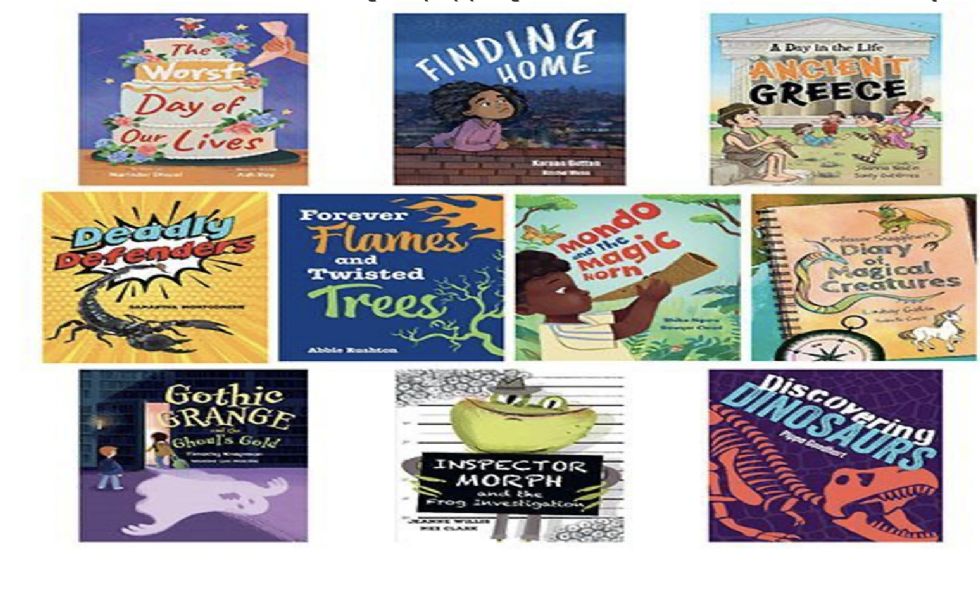
![]()
Parental engagement is actively encouraged, with parents expected to read with their children and sign daily reading records. This partnership between parents and school fosters a love for reading and ensures that children are read to frequently.
As children transition into Key Stage 2, we maintain the high expectations established in the foundational years with our reading VIPERS framework—an approach that emphasises key comprehension skills: vocabulary, inference, prediction, explanation, retrieval, and sequencing/summarising. We collaborate closely with our partnership schools to facilitate moderation and assessments, ensuring a consistent and well-rounded approach to developing robust reading skills. Texts selected for reading sessions are chosen not only for their literary value but also for their capacity to enhance knowledge and understanding across various subjects within the curriculum.
In Key Stage 2, we allocate two VIPERS reading sessions each week, strictly timetabled to ensure every child has dedicated time to develop their comprehension skills. The learning from these sessions, alongside Test Base assessments submitted termly, allows for thorough monitoring of children’s attainment and progress.
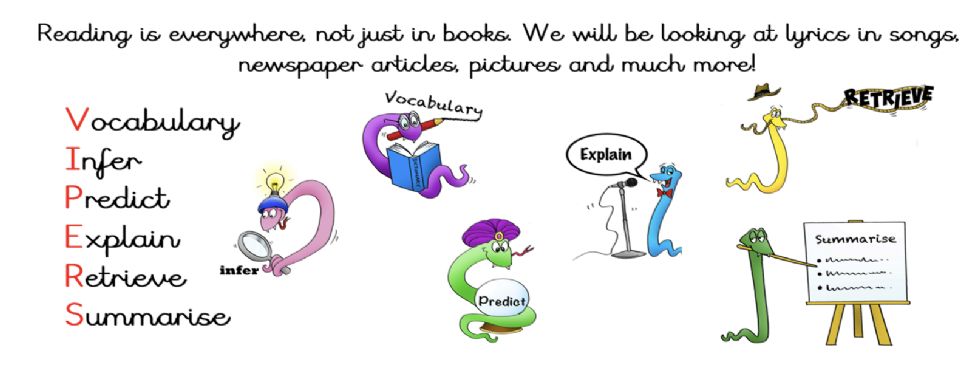 For those in Key Stage 2 who no longer require a prescribed reading programme but still benefit from guidance in selecting appropriate literature, we have established the ‘Rainbow Read Box’. This resource includes a wide selection of high-quality, schemed books designed to meet the needs of children exploring reading at their own pace. Children who are assessed as working below age-related expectations will undergo running records assessments to help identify their personal reading levels and subsequently appropriate texts within book banded books
For those in Key Stage 2 who no longer require a prescribed reading programme but still benefit from guidance in selecting appropriate literature, we have established the ‘Rainbow Read Box’. This resource includes a wide selection of high-quality, schemed books designed to meet the needs of children exploring reading at their own pace. Children who are assessed as working below age-related expectations will undergo running records assessments to help identify their personal reading levels and subsequently appropriate texts within book banded books

Our commitment to reading extends to the whole school, where a daily reading expectation is established not only for our children but also for our parents. We encourage parental engagement to ensure children read at home daily. The school's reading records are subject to daily moderation, with class teachers signing off on daily reading progress. Additionally, we identify students needing extra support and provide reading buddies to foster collaborative and enjoyable learning experiences.
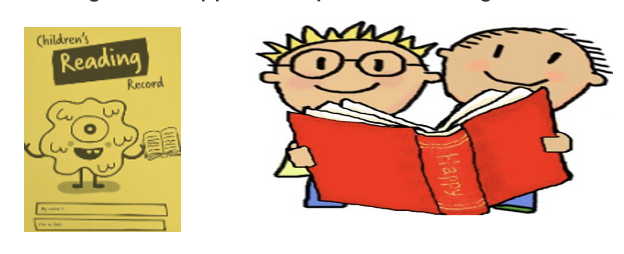
Class read-aloud sessions are timed to ensure they occur daily, fostering a love of reading and enjoyment amongst children and adults. Texts are carefully selected to connect with the learning objectives within the humanities, creating links between reading and other subject areas while enhancing engagement.
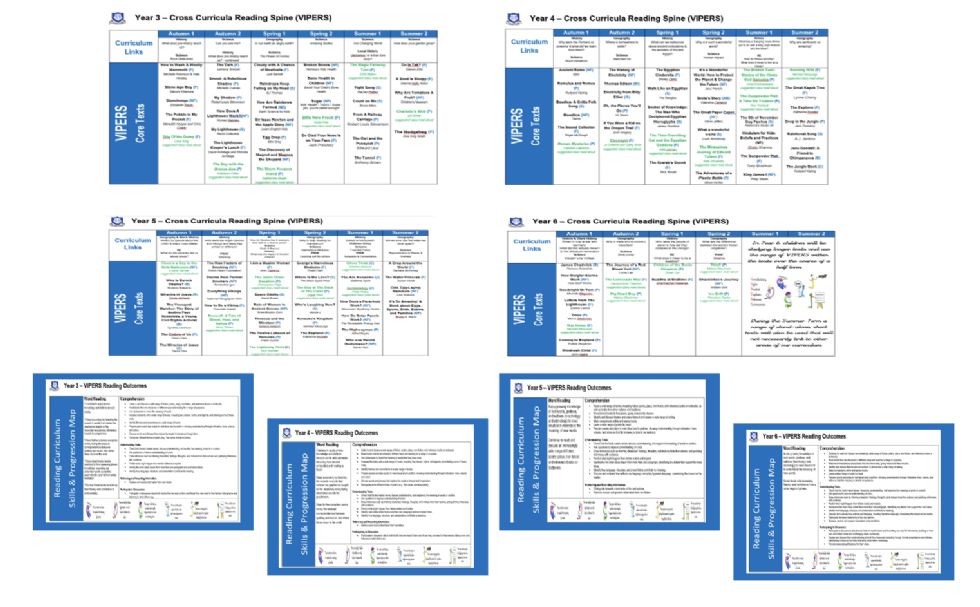
Throughout the academic year, we institute focus themes to reinforce our reading programme. These themes include notable occasions such as Black History Month and Remembrance, during which a selection of related texts are prominently displayed in the school foyer. Timetabled sessions are allocated for reading related books that encourage thoughtful discussion amongst children, tackling conscientious issues and deepen understanding of these key topics.

To further engage our children, we have established a book club, which allows children to purchase books at reasonable prices during specific points throughout the year. This initiative aims to cultivate an environment where reading is not only endorsed but celebrated, encouraging children to explore a wider variety of literature available to them.

We also designate a special Reading Focus Week, featuring a diverse range of activities. Events during this week may include dressing up as favourite book characters, dedicated time for silent reading (DEAR - Drop Everything and Read), and engaging teacher swaps to create a fresh and stimulating reading atmosphere within the classrooms.
Ultimately, our intent is to embed a reading culture within our school that supports and nurtures children’s literacy skills across all year groups. By ensuring a comprehensive phonics and reading curriculum that builds upon systematic teaching, incorporates high-quality texts, engages parents, and facilitates continuous assessment, we aspire to foster a generation of confident readers and critical thinkers. Our impact is evidenced through improved reading fluency, comprehension, and an overall enthusiasm for reading that lasts a lifetime. As we move forward, we will continue to evaluate and adapt our practice, ensuring that we respond effectively to the ever-changing needs of our children. Through ongoing development and support, we are confident in our ability to nurture a lifelong love of reading for every child at our school.
Please see below for more information and attachments:
